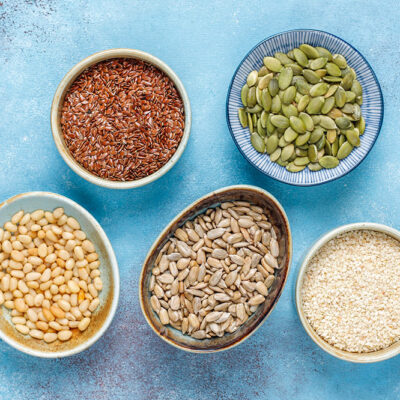
5 ways to delay periods naturally
Many women may find themselves in situations where they wish to delay their menstrual period temporarily. Whether for a special event, a vacation or simply as a matter of convenience, various natural methods can help delay menstruation. However, one should remember that these remedies rely more on anecdotal evidence and traditional practices than solid scientific research. Nonetheless, here are some techniques one can consider when looking to postpone the menstrual cycle naturally. Apple cider vinegar Apple cider vinegar is a popular home remedy for various health issues, including menstrual irregularities. Mixing one to two tablespoons of apple cider vinegar with water and consuming it may help regulate hormonal balance, potentially delaying one’s period. However, being cautious with the dosage is crucial, as excessive consumption can have side effects. Lemon juice Lemon juice is known for its acidity; proponents believe its acidic properties can help push back bleeding. However, it’s important to note that the effectiveness of lemon juice in delaying menstruation is mainly anecdotal, and scientific evidence to support this claim is limited. Women considering this approach should consult a healthcare professional to ensure their safety and well-being. Gelatin Gelatin, often used in making desserts and gummy candies, is another unconventional method some women explore to delay their periods by about four hours.
Read More 





